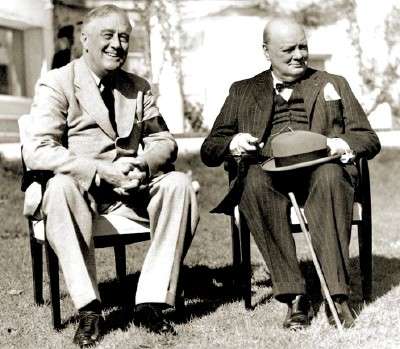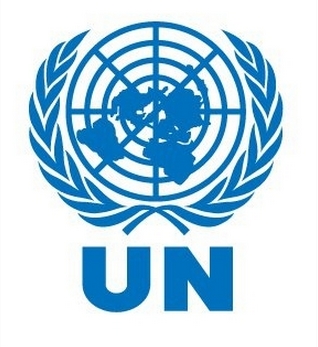by Glenn R. Swift

The United Nations was established October 24, 1945 in the aftermath of World War II, inspired by Franklin Delano Roosevelt and Winston Churchill. The forerunner of the UN was the League of Nations, which had been created immediately following the First World War but failed to prevent WWII due to the refusal of the United States to join the organization and the body’s lack of enforcement capability.
Headquarters: New York City
Structure: The UN is divided into two collective bodies: the General Assembly and the Security Council.
General Assembly: Membership is open to all countries (currently 193) with each country having one vote. The Assembly provides a unique forum for multilateral discussion of the full spectrum of international issues; however, its resolutions are non-binding on the other members. In addition, the Assembly is the administrator for a number of UN agencies (e.g., UNICEF) and commissions (e.g., Disarmament and International Security). The Assembly also elects the ten temporary members of the Security Council for two-year terms with half rotating out annually.
Security Council: Membership consists of 15 countries: five permanent members (United States, United Kingdom, France, Russia and China) with each possessing veto power and ten temporary members (currently as of 6/7/2016: Angola, Egypt, Japan, Malaysia, New Zealand, Senegal, Spain, Ukraine, Uruguay and Venezuela) without the power to veto. The five permanent members represent the five victorious Allied powers of World War II. Security Council resolutions are binding on the other member states of the UN but require a minimum of nine “yes” votes with none of the permanent members wielding their veto. It should be noted that a permanent member may abstain, which is not counted as exercising its veto.
Enforcement Methods of the Security Council: The Security Council has three ways in which it can enforce its resolutions: Trade and Credit Sanctions; Subpoena Power of the International Court of Justice (ICJ); Military Action.
Over the years, most UN military actions have been initiated by the United States and United Kingdom.
Current UN Peacekeeping Operations:
- Caribbean: Haiti
- Europe: Cypress, Kosovo
- Middle East: Israel (Jerusalem), Lebanon, Syria
- Asia: India, Pakistan
- Africa: Central African Republic, Democratic Republic of the Congo, Ivory Coast, Liberia, Mali, South Sudan, Sudan, Western Sahara
